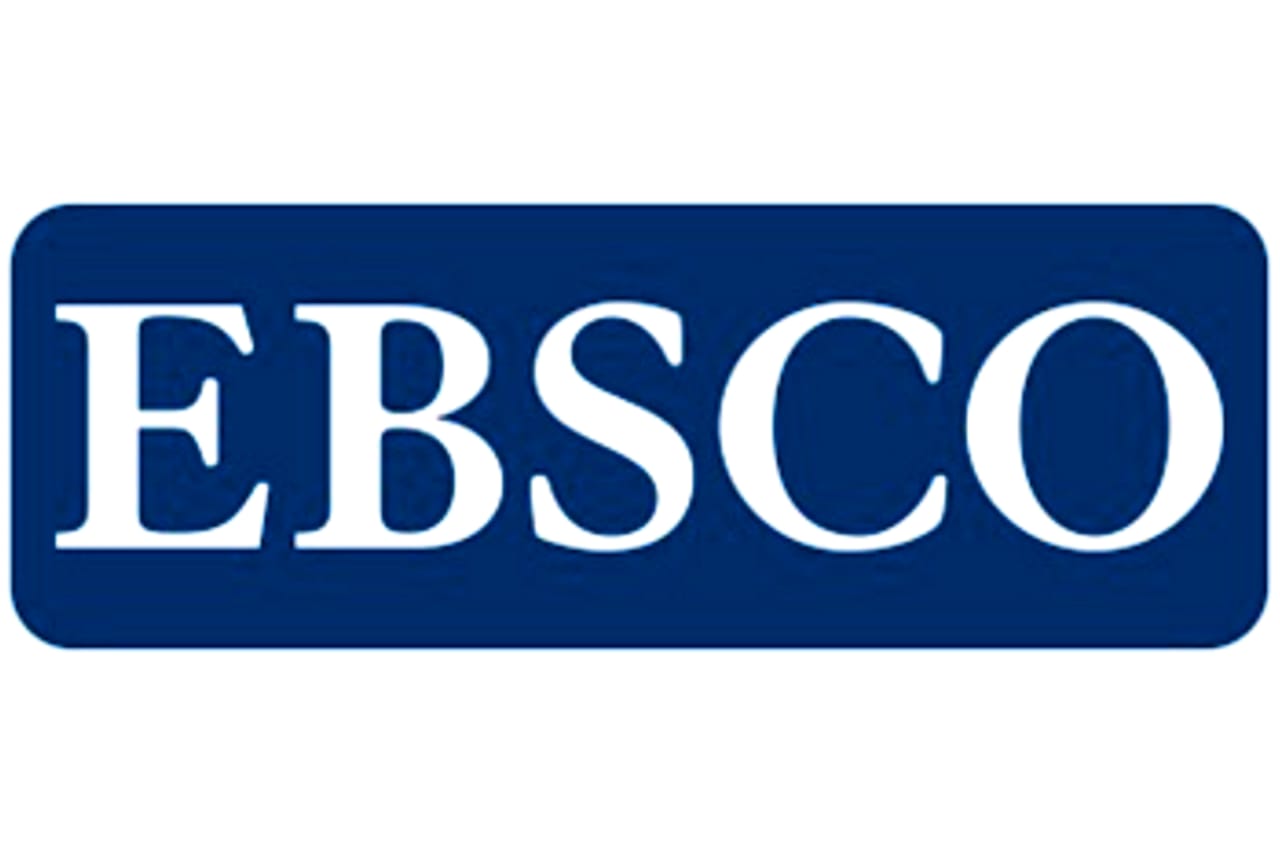HOW TO HANDLE INTERNAL AUDITOR INDEPENDENCE GAP?
DOI:
https://doi.org/10.26577/FJSS.2023.v9.i1.05Abstract
In this scientific article we have addressed the concepts of objectivity and independence regarding internal audit profession, the significance of the internal auditor's independence and objectivity for different parties whether internally or externally, factors that affect internal auditor’s independence as well as threats that encounter internal auditor’s independence as independence is a state of trust and fairness that allows internal auditors to give their view regarding internal control along with risk management as well as other internal audit operations independent from the interests of the companies' management.
Our research work depends on the analysis of various scientific articles and papers related to the internal auditor’s independence topic and its different aspects within the organization, general scientific methods of cognition, including analysis and synthesis were used in this article.
Finally, we have reached to some recommendations that can be applied in firms to boost internal auditor independence and minimize those threats related to auditor’s independence.
Key words: internal audit, external audit, corporate governance, financial reporting, financial performance, audit, and analysis system.











